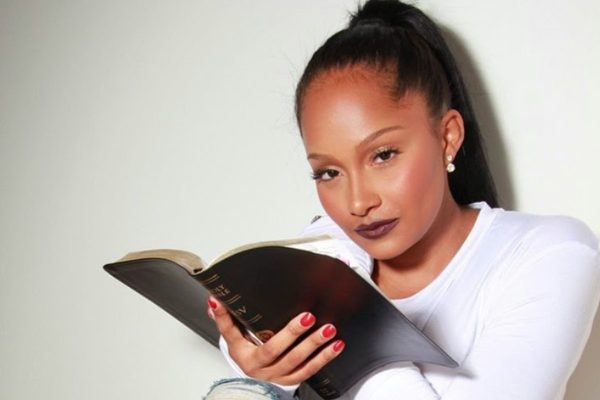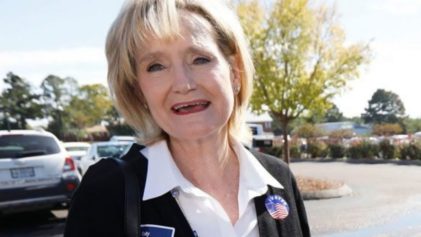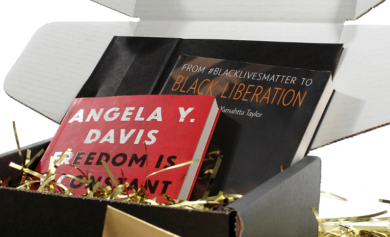The founder of an online Christian ministry got dragged back to holy hell this week after openly advocating for the privatization of America’s prisons, calling on Black celebs and millionaires to pitch in on the effort.
Dana Chanel, creator of the popular “Sprinkle of Jesus” phone app, addressed the recent conditions inside the Metropolitan Detention Center in Brooklyn, where more than 1,600 inmates were left without power or heat as New York saw temperatures fall far below zero degrees. It was several days before electricity was finally restored to the facility, prompting protests by activists and community members.

Dana Chanel argues it was time for Black activists and celebrities to pool their dollars and build privatized prisons to ensure the safety and fair treatment of Black inmates. (Image courtesy of XO Necole)
The U.S. Justice Department has stepped in to investigate the matter, but Chanel called their solution a “band-aid” and sought to offer a fix of her own.
“If you celebrities are super ‘passionate,’ let’s CREATE the fix & start privatizing the prison system so we know inmates are being treated fairly as they serve their time,” she wrote in a Twitter post on Monday. “The racist corporate gangsters don’t care about our protests, they are just waiting til we are not watching.”
In a follow-up tweet, she broke down the cost of it all.
“I did my research: Total cost to open a prison: $80,000 per bed $80,000 x 100 beds = 8 million,” she explained. “I am no legal expert but an entrepreneur, and know how money works. I need 800 black celebrities/activists to put up 10k. I’ll be the first to pledge 15k… that’s how much I care.”
The backlash was swift, as social justice advocates slammed Chanel for throwing her support behind private prisons — a black-owned one at that.
“Black owned prisons is not the revolution, sis,” New Jersey activist Zellie Imani wrote.
In a separate statement, Imani told Atlanta Black Star, “Prisons aren’t a fast food franchise. Private prisons profit off the cheap labor of black and brown men funneled into cells via a structurally corrupt and morally deficient criminal justice system. Black abolitionists fought for the abolition of slavery, not for their rights to enslave other descendants of Africa.”
Others chimed in. “Did you just pitch an idea for a black owned prison? Is twitter on crack today??” a Twitter user wrote in disbelief.
“LMAOOOOOOOOOOOO @ BLACK PEOPLE SUGGESTING THAT WE SHOULD NOT ONLY OPEN MORE PRISONS, BUT MAKE MONEY IN THE PROCESS,” said another.
One user said they believed “any Black dollars would be better served with programs to keep us out of prison.”
A 2018 report by The Sentencing Project found that for-profit prisons incarcerated 128,063 people in the U.S. in 2016, comprising 8.5 percent of the nation’s overall state and federal prison population. Growing research has shown that privatized prisons, where the inmate population has surged 47 percent since 2000, also tend to have higher levels of violence and recidivism.
Moreover, a study by University of California-Berkeley researcher Chris Petrella showed there are increased rates of Black Americans and Latinos in private prison facilities than in public correctional facilities and that minority inmates under the age of 50 are more likely than their white counterparts to serve out their time there.
“This research further posits that the overrepresentation of people of color in private versus
versus public prisons across the country is primarily attributable to an unlikely source: [a] finely tailored contractual provisions that explicitly exempt private prison companies from housing certain types of individuals whose healthcare and staffing costs disproportionately attenuate profit margins,” Petrella wrote.
Chanel hasn’t returned ABS’ request for comment.

